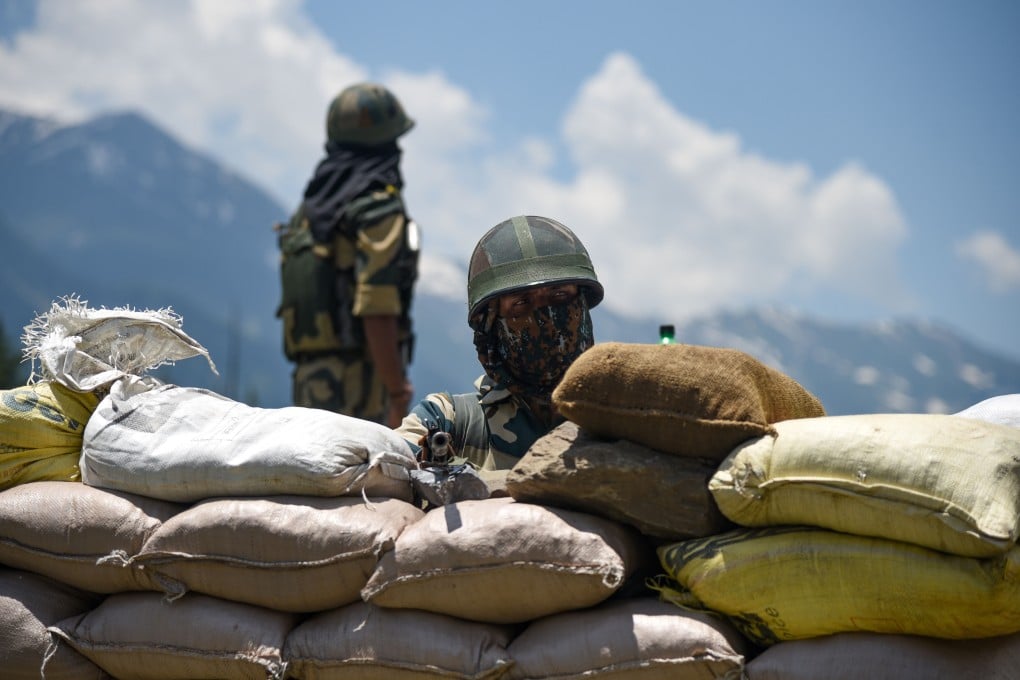Opinion | China-India border clash: civil words cannot hide the lack of trust
- The joint statement released after the Chinese and Indian foreign ministers met in Moscow reiterates old formulations, and the divergence in media reports on it only highlights the bitterness that has built up since May

Against this backdrop, the more positive outcome of the Moscow meeting is that there has been no breakdown of dialogue between the two Asian giants and a joint statement was issued, after talks which reportedly got “a little heated”. A five-point consensus was arrived at to ease tensions, but closer scrutiny of the agreement would indicate this does not point to a breakthrough.
The five points are anodyne in their content and reiterate earlier formulations: “do not allow differences to become disputes”, “troops … should continue dialogue, quickly disengage, maintain proper distance and ease tensions”, and so on.

06:24
Explained: the history of China’s territorial disputes
But even before the ink was dry on the joint agreement, both sides issued separate statements to their domestic constituency. Here the fine print was very divergent on critical issues.
